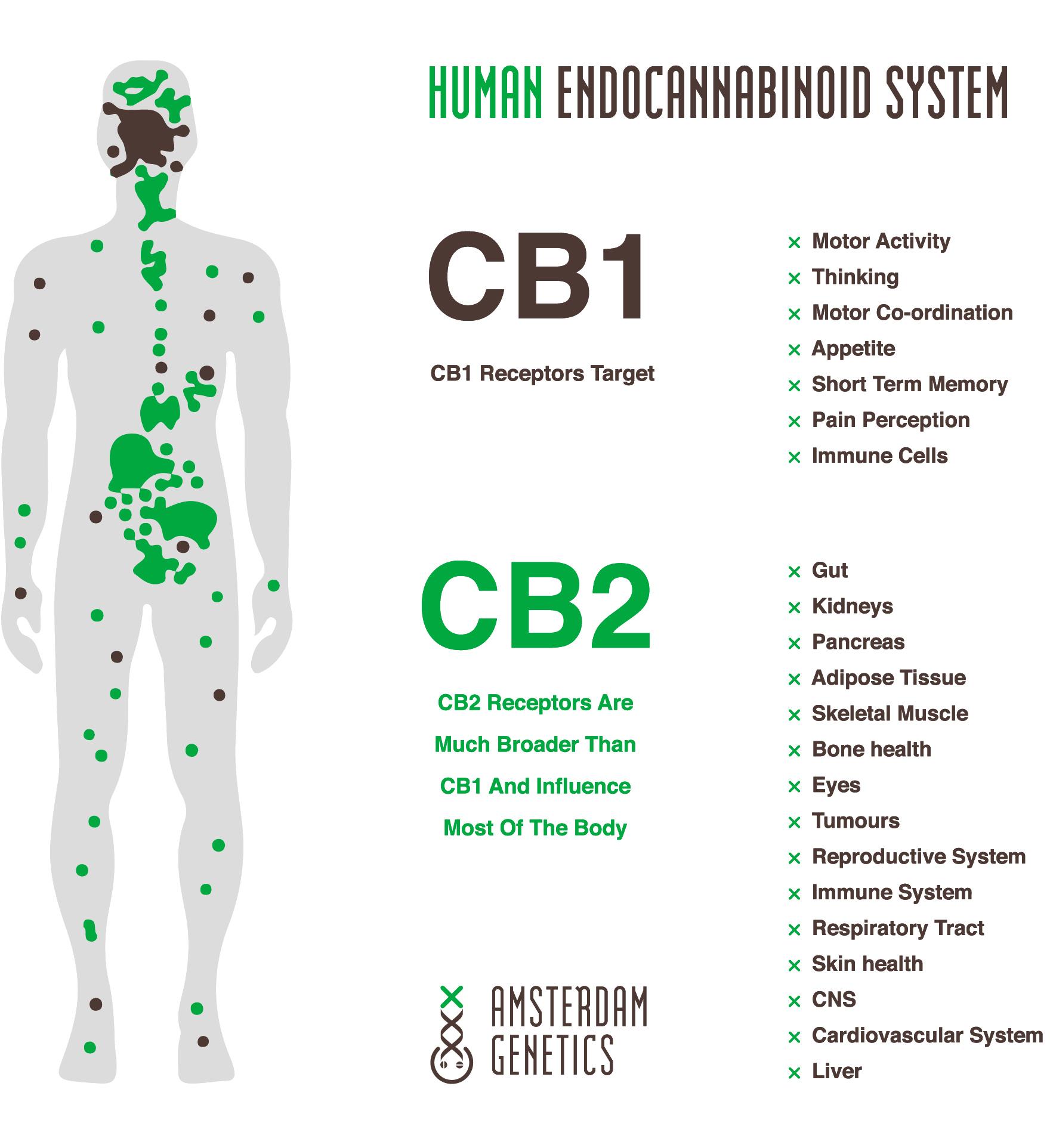If you start thinking about the highlight of the last decade, it could easily be CBD. In the previous few years, CBD has taken the world by storm. With the recent legalization across the globe and increasing evidence to support its use, people are using it as a common remedy for many ailments. Among the plenty of benefits, CBD users report that it impacts their endocannabinoid system and appetite.
Table of Contents
What Is CBD?
While CBD has become a household name today, not many people know what it is. CBD or Cannabidiol is one of the hundred different chemical compounds found in cannabis. Unlike THC, cannabidiol is a non-psychoactive compound that will not induce a mind-altering high. As per the doctors and researchers, CBD is a medicinal cannabinoid that may help with many physical and mental disorders. There are plenty of CBD products available on the market today. You can get CBD isolates, oil, topicals, and even edibles from online stores or dispensaries all over the world.
What Is The Endocannabinoid System?
The endocannabinoid system (ECS) is a complex system of cells that helps regulate many bodily processes. It can impact your mood, sleep, memory, reproductive health, and even appetite.

Are you wondering how the endocannabinoid system plays such an important role? It is with the help of neurotransmitters called cannabinoids. There are two known natural cannabinoids in the human body, anandamide (AEA) and Arachildonoylglycerol (2-AG).
While the CB1 receptors are present in the central nervous system only, you can find the CB2 receptors in your peripheral nervous system, also called the immune cells. The endocannabinoid system produces cannabinoids that bind with the receptors in your cells, hormones, and even organs. The cannabinoids communicate with the two types of receptors, CB1 and CB2, to alter the physical and mental processes.
CBD Benefits ECS And Appetite
The cannabis plants contain more than a hundred different cannabinoids. Out of them, CBD and THC are the more prominent ones. The natural cannabinoids produced by the endocannabinoid system are the same as the ones you get from the plant cannabis.
When you ingest CBD, it can perform the same role as the natural cannabinoids. It can either amplify or reduce the level of transmitters that the body uses to communicate. The cannabinoid CBD sticks to both CB1 and CB2 receptors and may help with the pain, inflammation, mood, appetite, and anxiety. Some researchers also believe that CBD prevents natural cannabinoids from breaking down. Taking CBD increases the cannabinoids present in your body and ensures better communication with the cells and organs.
Similarly, taking CBD can also impact your appetite. Here is how:
1. Impacts Hunger
The Resting Metabolic Process (RMR) or the rate at which your body turns the food you eat into energy can impact the feeling of hunger. The CB1 receptors present in your body reduces the burning of calories by the muscles. If the muscles use less energy, your body doesn’t require too much food. So, when you consume CBD, the level of cannabinoids and their interaction with CB1 receptors increase. Thus, CBD may help to delay the conversion of food into energy that your body uses for functioning and reduce your hunger.
2. Changes The Satiety
Satiety is the feeling of fullness after consuming food. Leptin is a hormone present in the small intestine that can help regulate the energy balance and inhibits hunger. This hormone is responsible for giving you the feeling of fullness after meals. The endocannabinoid system can regulate the levels of leptin. The more cannabinoids present in your body, the lesser will be leptin. Consuming CBD may make it difficult for you to know if you feel full after eating a hearty meal and may increase your diet.

3. Alters The Diet
It is not just a feeling of hunger or satiety, but CBD can also change your dietary preferences. CBD increases the level of CB1 receptors, and it may lead to cravings for food that is full of fats and sugar. It might lead to an increased appetite for fatty and sweet foods.
Final Thoughts
Your appetite and gut can either make or break your health. You might ignore the importance of a healthy diet and digestion, but in reality, it is essential for physical and mental health. Besides taking sufficient healthy food and exercising, you can give CBD a try to help with the appetite. Get your hands on the best CBD or CBD infused products today.
SEE CBD PRODUCTS








